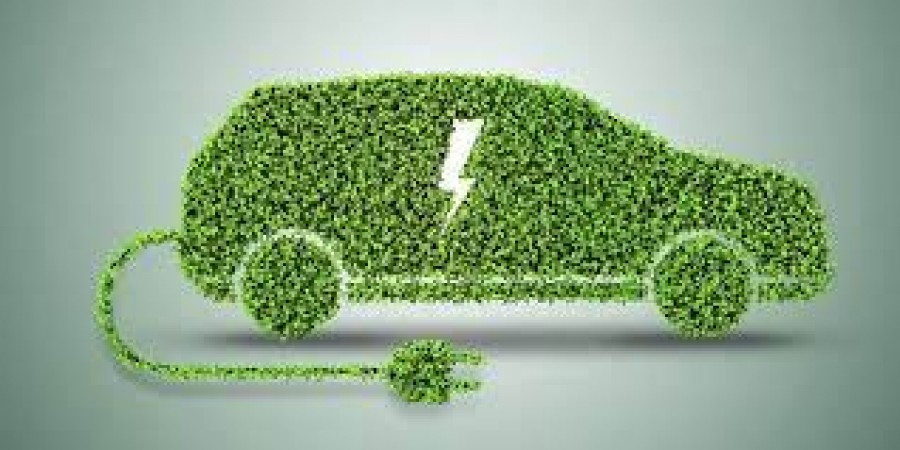
As the global automotive industry undergoes a paradigm shift towards sustainability, India is emerging as a key player in the electric vehicle (EV) revolution. With a blend of history, innovation, and ambition, India's EV journey is gaining momentum, aiming to carve a greener future for transportation. This article delves into the historical backdrop of EVs in India, examines the current status, and highlights the promising future of EVs in the country.
Historical Context: Early Beginnings
India's tryst with electric vehicles dates back to the early 20th century when electric cars made their debut on its streets. However, the adoption was sluggish due to factors like high costs, limited technology, and lack of infrastructure. It wasn't until recent years that the government and industry collectively revitalized their focus on EVs to combat air pollution, reduce carbon emissions, and decrease dependence on fossil fuels.
Current Status: Shaping the Landscape
In 2013, the Indian government launched the Faster Adoption and Manufacturing of Hybrid and Electric Vehicles (FAME) scheme to promote the adoption of EVs. Subsequent iterations of the scheme provided financial incentives for both consumers and manufacturers, leading to a gradual increase in EV sales. Major Indian cities also witnessed the introduction of electric buses and rickshaws, contributing to the reduction of pollution and noise levels.
As of now, India has positioned itself as a global hub for EV manufacturing, with several domestic and international manufacturers establishing their presence. Iconic companies like Tata Motors and Mahindra & Mahindra have introduced electric cars, while startups such as Ather Energy and Ola Electric are disrupting the two-wheeler segment with innovative electric scooters.
Challenges and Roadblocks
While the EV landscape in India is promising, it's not without its challenges. The lack of widespread charging infrastructure remains a significant hurdle, deterring potential buyers due to "range anxiety." Additionally, the upfront cost of EVs remains relatively high compared to traditional internal combustion engine vehicles. Despite government incentives, the affordability factor remains a concern for many consumers.
Policy Initiatives: Paving the Way for EVs
Recognizing the potential of EVs to revolutionize transportation and combat environmental challenges, the Indian government has taken several policy initiatives. The most ambitious among these is the plan to transition to an all-electric fleet of vehicles by 2030. While this goal is ambitious, it has provided the impetus for both manufacturers and policymakers to work towards making EVs more accessible and affordable.
Future Prospects: Greening the Indian Roads
The future of EVs in India is brimming with promise. As technology advances, battery costs decrease, and charging infrastructure expands, EVs are poised to become more accessible and mainstream. The government's focus on creating an enabling ecosystem through initiatives like 'Make in India' and the National Electric Mobility Mission Plan (NEMMP) is expected to accelerate the growth of EV manufacturing and adoption. India's EV ambitions are not confined to land. The maritime sector is also witnessing a shift towards electrification, with plans to develop electric ferries and ships. Such holistic integration of EVs across various modes of transportation demonstrates a comprehensive commitment to reducing the carbon footprint.
Towards a Greener Tomorrow
India's journey towards an electrified automotive future is marked by ambition, challenges, and potential. With the government's vision, industry innovation, and growing environmental awareness, the adoption of electric vehicles is poised to redefine the way India moves. As charging infrastructure expands, battery technology improves, and consumer sentiment shifts, the electric vehicle revolution in India is set to spark a new era of sustainable mobility, one kilometer at a time.
The Genius of Babubhai Mestry in Indian Filmmaking
Delhiites panic over the flood threat: Yamuna crosses the danger mark once again.
Many veterans, including PM Modi, paid tribute on the death anniversary of Atal Bihari Vajpayee.